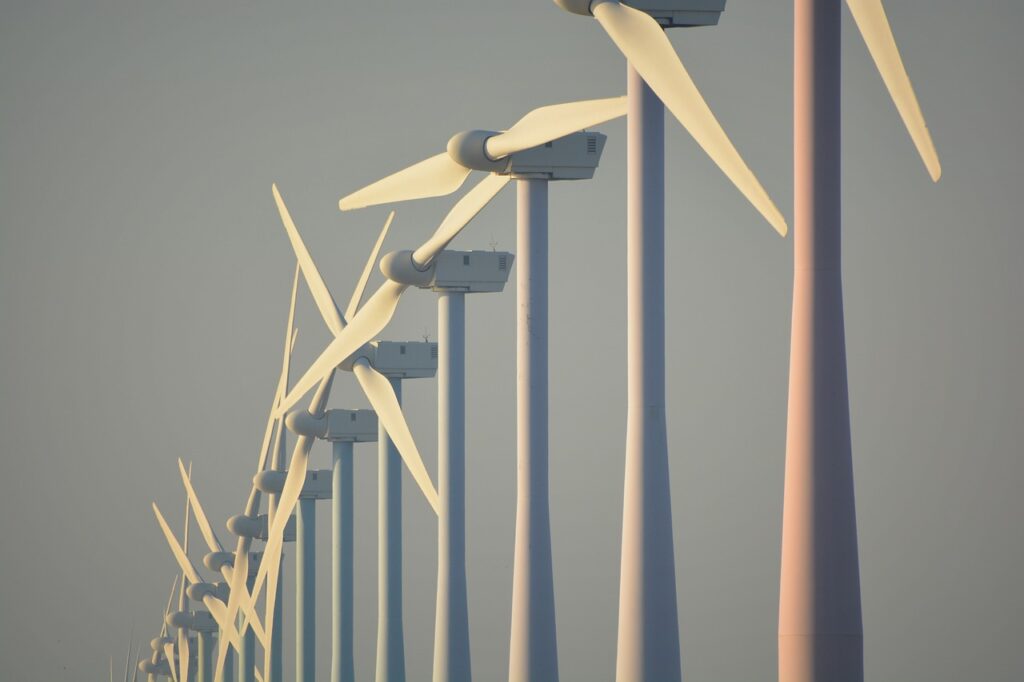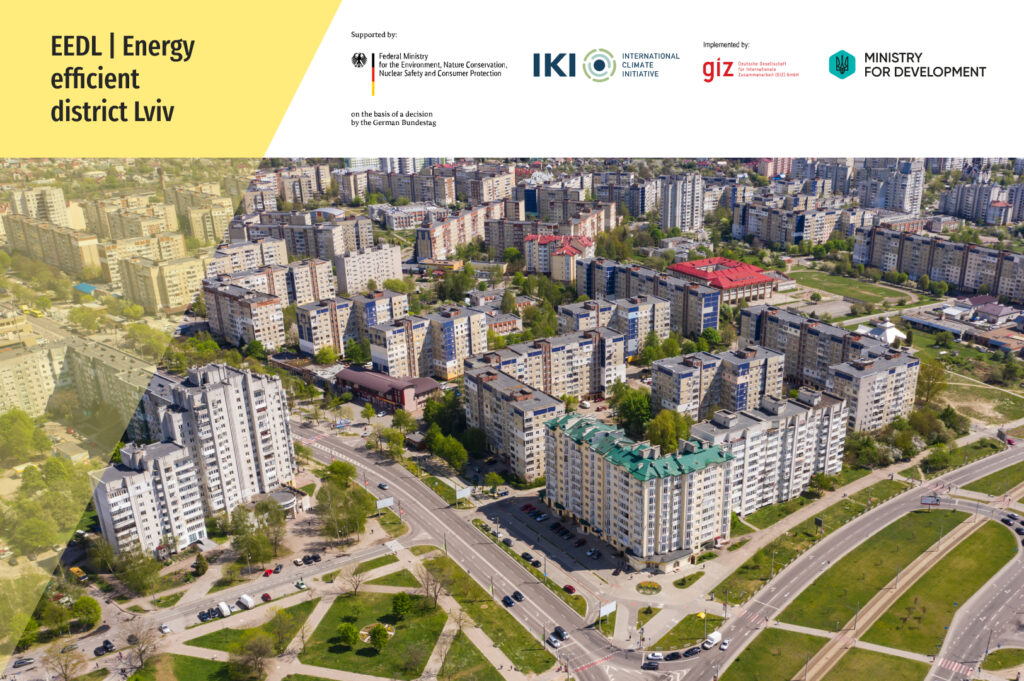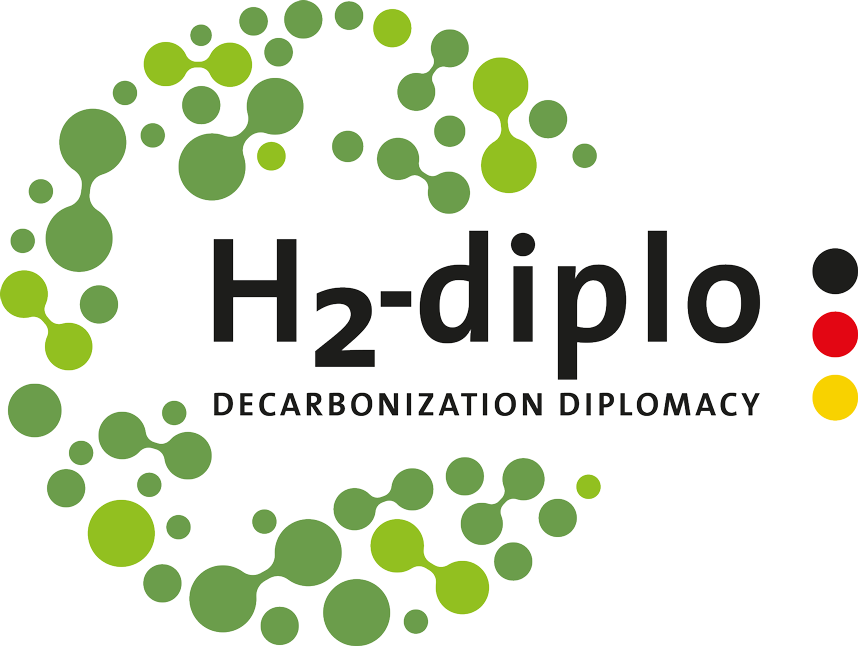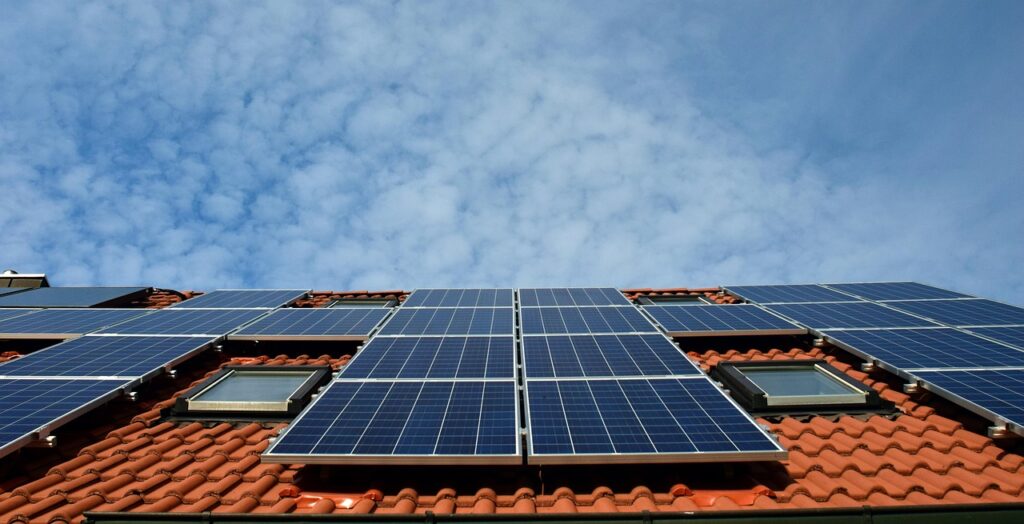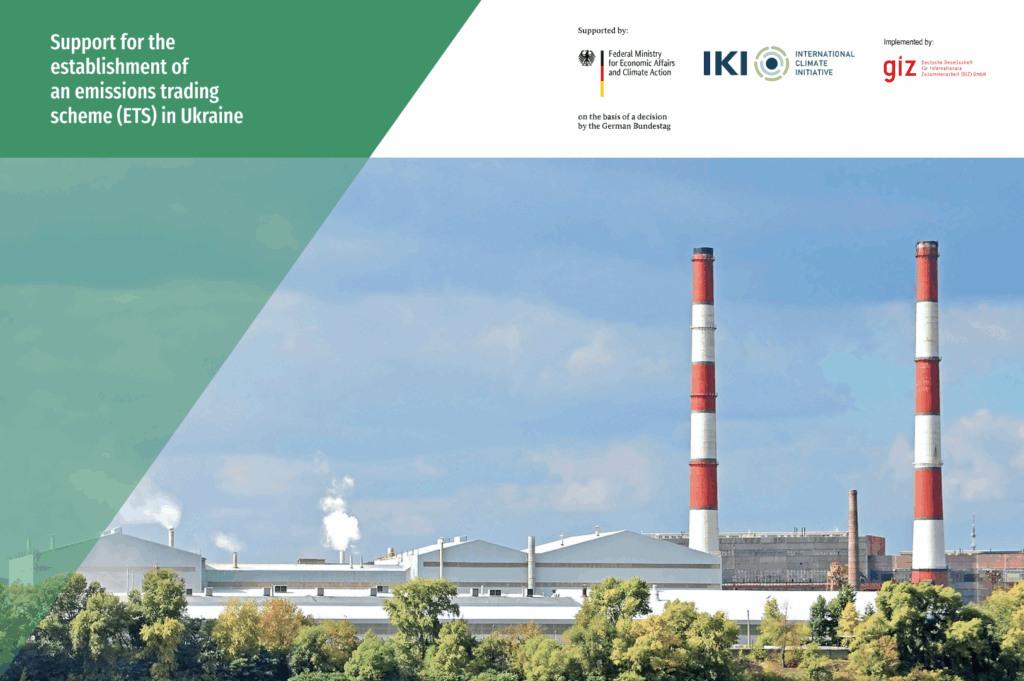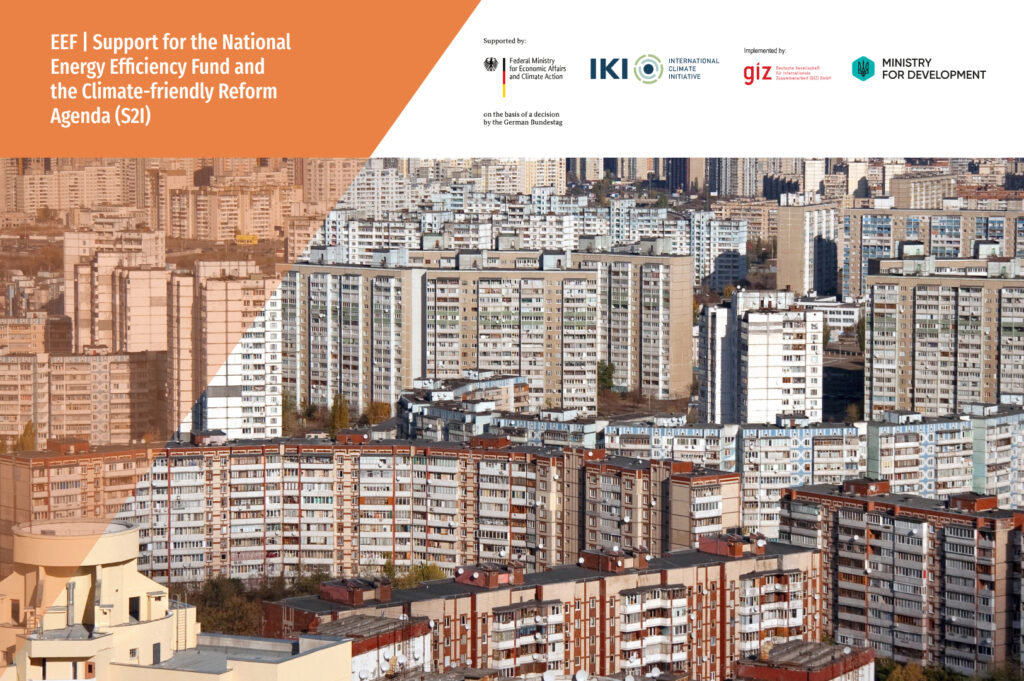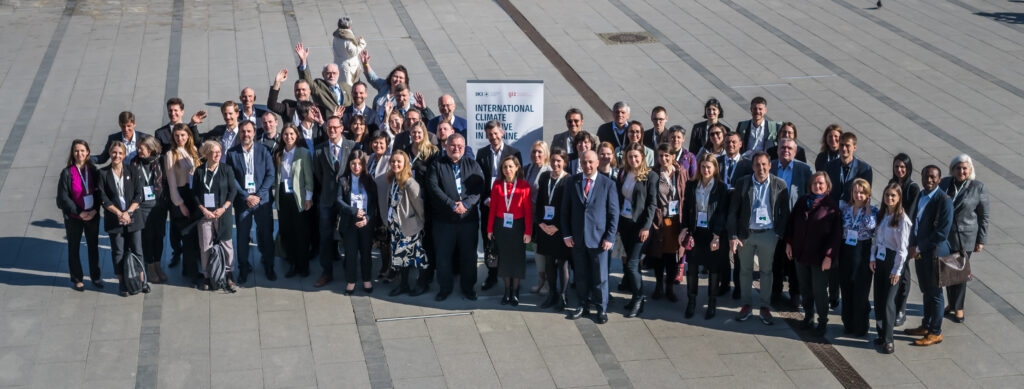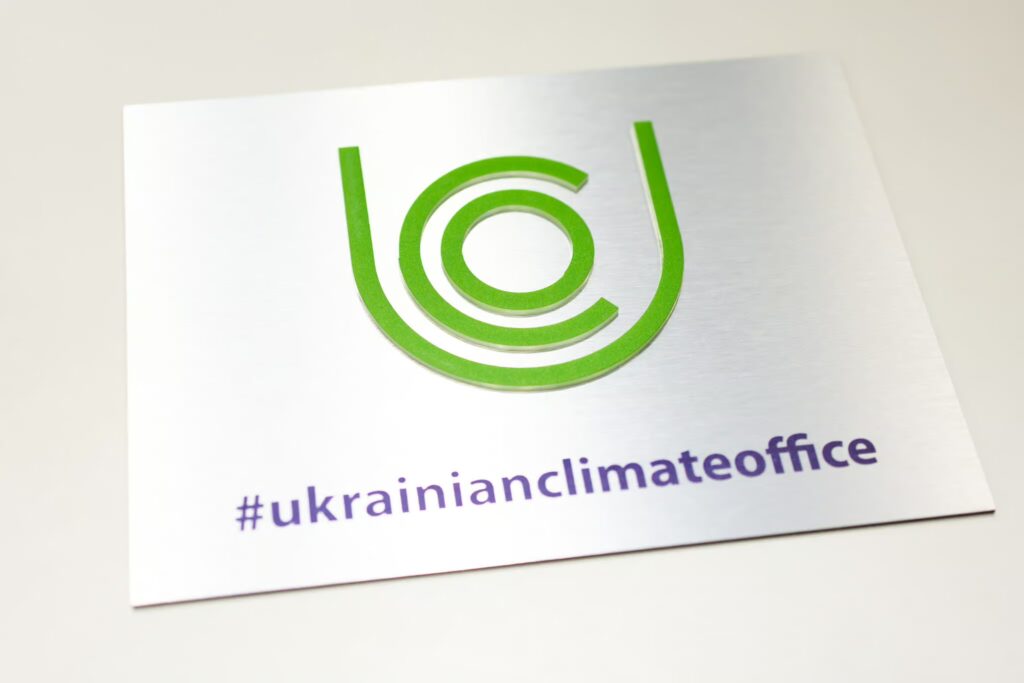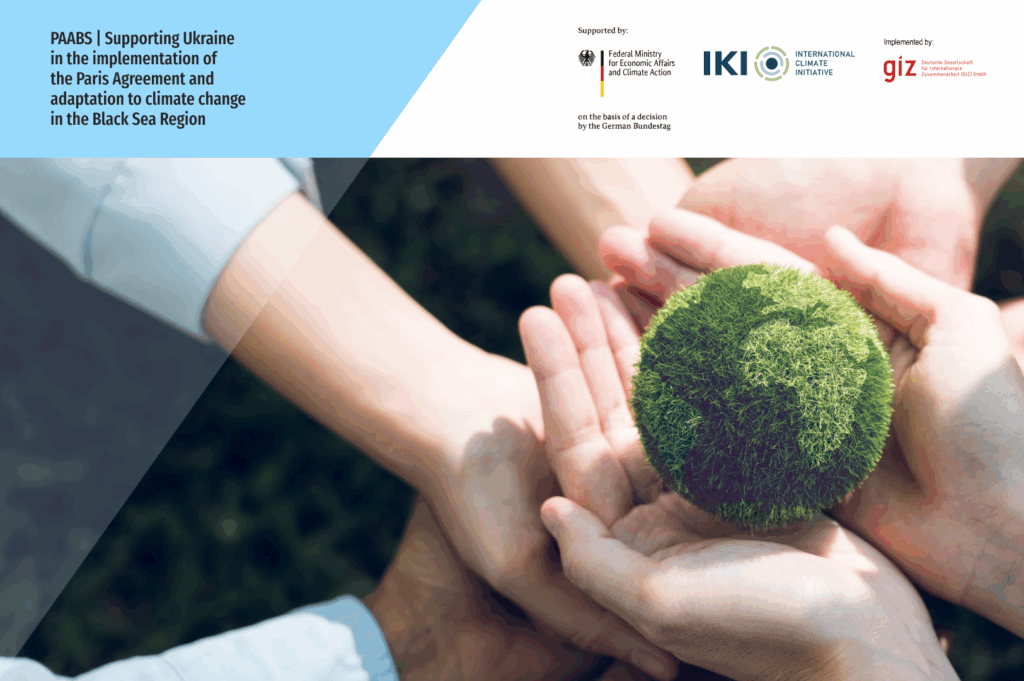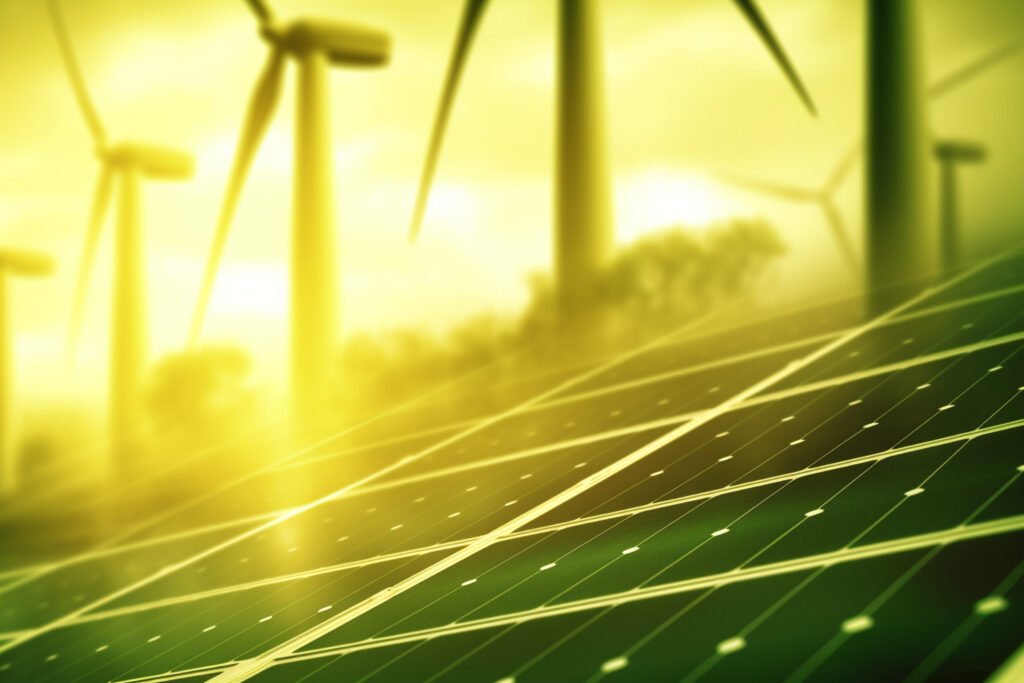Projects
Funding:
€20.000.000,00
Duration:
04/2018 till
03/2026
Contact:
Multi-Donor Fund for the Platform for Action on the Green Recovery of Ukraine
Funding:
5,000,000.00 €
Duration:
12/2024 till
06/2027
Contact:
Energy-Efficient District in Lviv
Funding:
5,000,000.00 €
Duration:
10/2018 till
12/2028
Contact:
H2-diplo — Decarbonization Diplomacy
Funding:
15,000,000.00 €
Duration:
11/2023 till
09/2026
Contact:
FELICITY II — Eastern Partnership and Central Asia Program
Funding:
€20.000.000,00
Duration:
01/2022 till
12/2026
Contact:
Decentralized Renewable Energy Solutions for Social and Public Infrastructure in Ukraine
Funding:
15,600,000.00 €
Duration:
12/2023 till
12/2025
Contact:
Global Climate Partnership Fund
Funding:
€66.500.000,00
Duration:
12/2009 till
Contact:
Climate Diplomacy Action Programme
Funding:
30,000,000.00 €
Duration:
04/2023 till
09/2027
Climate Diplomacy Action Programme
Funding:
30,000,000.00 €
Duration:
04/2023 till
09/2027
Low Carbon Ukraine (LCU): Advising Ukrainian decision makers on low emission policy paths
Funding:
€5.940.631,53
Duration:
09/2018 till
02/2025
Contact:
Clean Energy Transitions Programme (CETP)
Funding:
16,000,000.00 €
Duration:
09/2024 till
12/2026
Clean Energy Transitions Programme (CETP)
Funding:
16,000,000.00 €
Duration:
09/2024 till
12/2026
Partnership for Market Readiness and Implementation
Funding:
€35.000.000,00
Duration:
11/2011 till
12/2030
Contact:
Biodiversity Finance Initiative (BIOFIN II)
Funding:
51,500,000.00 €
Duration:
01/2018 till
12/2030
Biodiversity Finance Initiative (BIOFIN II)
Funding:
51,500,000.00 €
Duration:
01/2018 till
12/2030
Promoting Green Deal Readiness in the Eastern Partnership Countries (ProGRess)
Funding:
€20.000.000,00
Duration:
06/2022 till
04/2028
Contact:
Reform of the District Heating Sector in Ukraine (ReWarm)
Funding:
€4.500.000,00
Duration:
04/2023 till
03/2027
Contact:
Strengthening civil society in the implementation of national climate policies in Georgia, Colombia and Ukraine
Funding:
€4.178.491,96
Duration:
07/2018 till
04/2024
Contact:
Supporting the Implementation of an Emissions Trading Scheme in Ukraine
Funding:
€6.000.000,00
Duration:
09/2017 till
06/2026
Contact:
Supporting the national energy efficiency fund and the climate-friendly reform agenda (S2I) in Ukraine
Funding:
€7.300.000,00
Duration:
05/2018 till
02/2026
Contact:
IKI Interface: Supporting Ukraine towards Ambitious and Integrated Climate Policy (Green Ukraine)
Funding:
10,000,000.00 €
Duration:
04/2024 till
04/2029
Contact:
Accelerating NDC and promoting Sustainable Bioenergy, Agri and Land-Use Practices in Ukraine
Funding:
€17.500.000,00
Duration:
12/2021 till
06/2027
Contact:
Capacities for Climate Action (C4CA)/Ukrainian Climate Office
Funding:
3,500,000.00
Duration:
01/2022 till
10/2025
Contact:
Supporting Ukraine in the implementation of the Paris Agreement and adaptation to the impact of climate change in the Black Sea region (PAABS)
Funding:
17,500,000.00 €
Duration:
09/2024 till
08/2029
Contact:
Conservation of highly valuable primeval and old-growth forests in selected national parks in the Ukrainian Carpathians
Funding:
€3.980.304,87
Duration:
02/2019 till
06/2025
Contact:
Strengthening climate actions in Ukrainian communities
Funding:
208,524.80 €
Duration:
03/2024 till
02/2026
Contact:
Eastern Europe Energy Efficiency and Environment Partnership Fund (E5P)
Funding:
€50.000.000,00
Duration:
10/2013 till
12/2029
Contact:
Renewable Energy Solutions Programme (“RES Programme”)
Funding:
20,000,000.00 €
Duration:
12/2023 till
12/2027
Contact:

